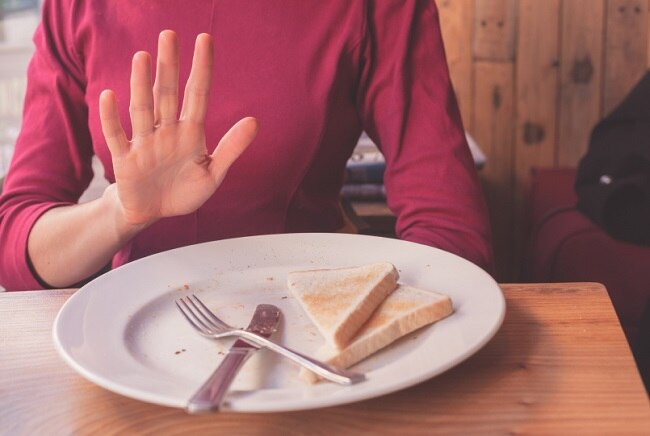Are gluten-free diets a fad or fixture? That’s open to debate. No matter which side of the gluten-free fence you’re on, though, there’s no denying its popularity: By all accounts, billions of dollars will be spent globally this year on gluten-free foods.
“Overall, the gluten-free food market continues to thrive off those who must maintain a gluten-free diet for medical reasons, as well as those who perceive gluten-free foods to be healthier or more natural,” Amanda Topper, food analyst at research firm Mintel, says in a news release.
So, what if you want to join the millions of Americans who’ve latched onto the gluten-free lifestyle? Here are five mistakes you should avoid when looking at going gluten-free.
1. You’re jumping into a gluten-free diet without much thought.
Before going gluten-free, ask yourself this: Why? If you suffer from celiac disease or you’ve been diagnosed with gluten sensitivity, you should erase it from your diet. Gluten is a protein found in wheat, rye and barley that triggers intestinal problems in people with celiac disease or gluten sensitivity.
But if that’s not the case, then make sure you’re going gluten-free for the right reasons. You certainly shouldn’t drop gluten from your diet merely because it’s trendy, according to Joan Salge Blake, a nutrition professor at Boston University and a spokeswoman for the American Dietetic Association.
Still, no one should entirely dismiss the potential benefits of a gluten-free diet, says gluten expert Dr. David Perlmutter, author of the new book “Brain Maker: The Power of Gut Microbes to Heal and Protect Your Brain — for Life.” In his medical practice in Florida, Perlmutter has seen “dramatic” improvements in areas such as mood, memory, energy and joint pain after patients have ditched gluten, even when they’re not coping with celiac disease or gluten sensitivity.
Perlmutter, who eats a gluten-free diet, believes everyone should reduce or eliminate consumption of gluten to safeguard their digestive health.
“Most people who have tried gluten-free and have stayed gluten-free maintain that lifestyle because they feel better. It’s something I hear every single day in my practice,” he says.
2. You’re adopting a gluten-free lifestyle to lose weight.
A gluten-free diet shouldn’t be treated as a weight loss tool, Blake says. Doing so can backfire.
Blake explains that when you remove gluten from a doughnut, “it’s still a doughnut, no matter how you slice it. It didn’t just turn into an apple.” That gluten-free doughnut actually could be packed with more calories and fat than a regular doughnut as a way to improve the taste and texture, according to Blake.
“Taking gluten out of your diet does not guarantee that you have a healthy diet,” Blake says. “You can have a very unhealthy gluten-free diet.”
3. You’re not weighing the expense.
While the cost of gluten-free food has come down in recent years, according to Blake, it’s still more expensive than gluten-containing food. Can you afford a gluten-free diet if it’s not a necessity?
4. You’re ignoring naturally gluten-free foods.
Sure, you can shop the gluten-free aisle at the grocery store and pick up gluten-free bread, cake, cookies and crackers. Yet a lot of regular foods that are gluten-free — but aren’t marked as gluten-free — are sold in that same grocery store.
“You wouldn’t find eggs labeled as gluten-free. [But] that’s a food that you can be sure is gluten-free and is good for you,” Perlmutter says. “A food that’s labeled gluten-free is suspect.”
5. You’re not getting enough fiber in your diet.
If you’re giving up gluten, you need to replace wheat, barley and rye with other sources of fiber, such as fruit or non-gluten grains, according to Blake.
“You just want to make sure you’re getting all your nutrients,” she says.

